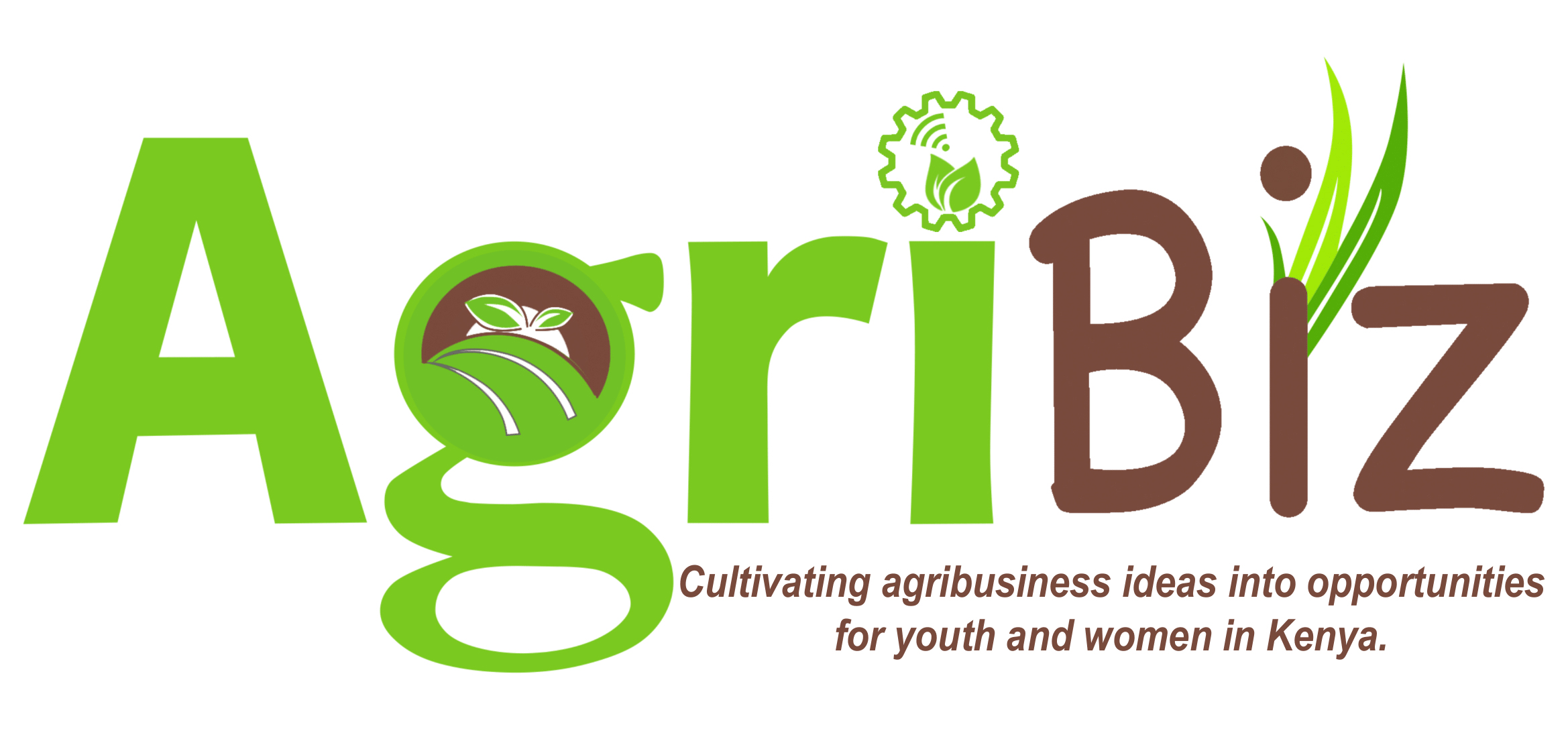For many people, blockchain technology is associated with bitcoin and other cryptocurrencies. However, hundreds of articles have recently proclaimed the benefits of using blockchain technology in agriculture. The real question is: can blockchain outlive the hype and deliver real value to farmers?
Ifarm Konnect, a Kenya-based startup that enables micro-investors to fund smallholder farmers for a percentage of proceeds, is leveraging blockchain technology to monitor farmlands and provide agronomic advice to enhance productivity.
Ifarm Konnect boards farmers on its platform and connects investors to farmers to finance agricultural interventions that boost productivity and improve livelihoods, water efficiency, and food security in Africa.
The agri-tech company says blockchain promises a single source of truth about the state of your farm, inventory and good farm practices. By utilizing a combination of software and an app, the company is helping farmers with technical support to maximize their farm produce and quality.
“Our mission is to enhance the productivity of our clients. We achieve this by accelerating farmer’s access to agribusiness innovations, water technologies, agribusiness finance, technical support and sustainable markets,” said Lenny Nyakinya, one of the Directors at Ifarm Konnect.
Lenny explains that the company is upgrading everyone to use technology in the agricultural industry to ease up farming. The move, he says, has also been heightened by the effects of COVID-19.
The platform is both web and mobile-based.
The mobile app, known as The Plant Doctor, enables farmers to get training and advice virtually with the assistance of field agents.
The website, which is constantly being upgraded, Lenny says, is integrated with the app and is targeting clients not only in Kenya but also in other parts of the world and sponsors and investors. The platform combines all the processes from investing and signing contracts to tracking the farms and onboarding off-takers. He says that they already have partners in Singapore, Norway and Uganda.
He adds that they also have a USSD model for the farmers who do not own smartphones and cannot access the services online. “By the dial of *483*53#, farmers can register and get services from IFARM irrespective of the location. Moreover, with a short SMS code, farmers can send in their questions about their farms and get prompt responses,” he said.
Currently, Lenny says the company has majored in farmers dealing with herbs (mint, coriander, parsley) and tropical fruits (passion fruits, mango and pawpaw) and a few vegetables (snow peas, French beans). He, however, notes that “For farmers outside our database, we do link them to interested investors or markets.”
According to Lenny, farmers are often exposed to unpredictable weather conditions. Using blockchain technology to monitor and predict such changes can improve crop survival, maintain prices and even save jobs.
“Remote sensing of weather data can help prevent losses due to the damage brought by unexpected calamities on crops.”
He adds that consumers can trace where products come from and the entire farming process with blockchain technology.
To attain this goal, the company employs a cocktail of approaches. Ifarm Konnect does not own a single farm. So that means it’s purely a technology company. Lenny says they identify farmers, vet them and sponsor those they deem will bring the most returns and outputs immediately while those with potential are put on the waiting list.
Currently, Ifarm Konnect has over one thousand registered farmers from across the country who have benefited from their services. Although the uptake of the technology is slow, Lenny is hopeful by the end of the year, more farmers will adopt the technology and help safeguard food security in the country.
“The first time registration and mapping are very costly, but in future, as we keep upgrading, the process will be much easier,” Lenny said.
Blockchain is coming for agriculture in a big way. It will make it easier to track, manage and transact in all kinds of agricultural assets, from crops to inventory to precision data. Blockchain is a low-level scenes technology that creates secure databases. It is opening a wealth of potential new options for collecting data and automating farm management.





